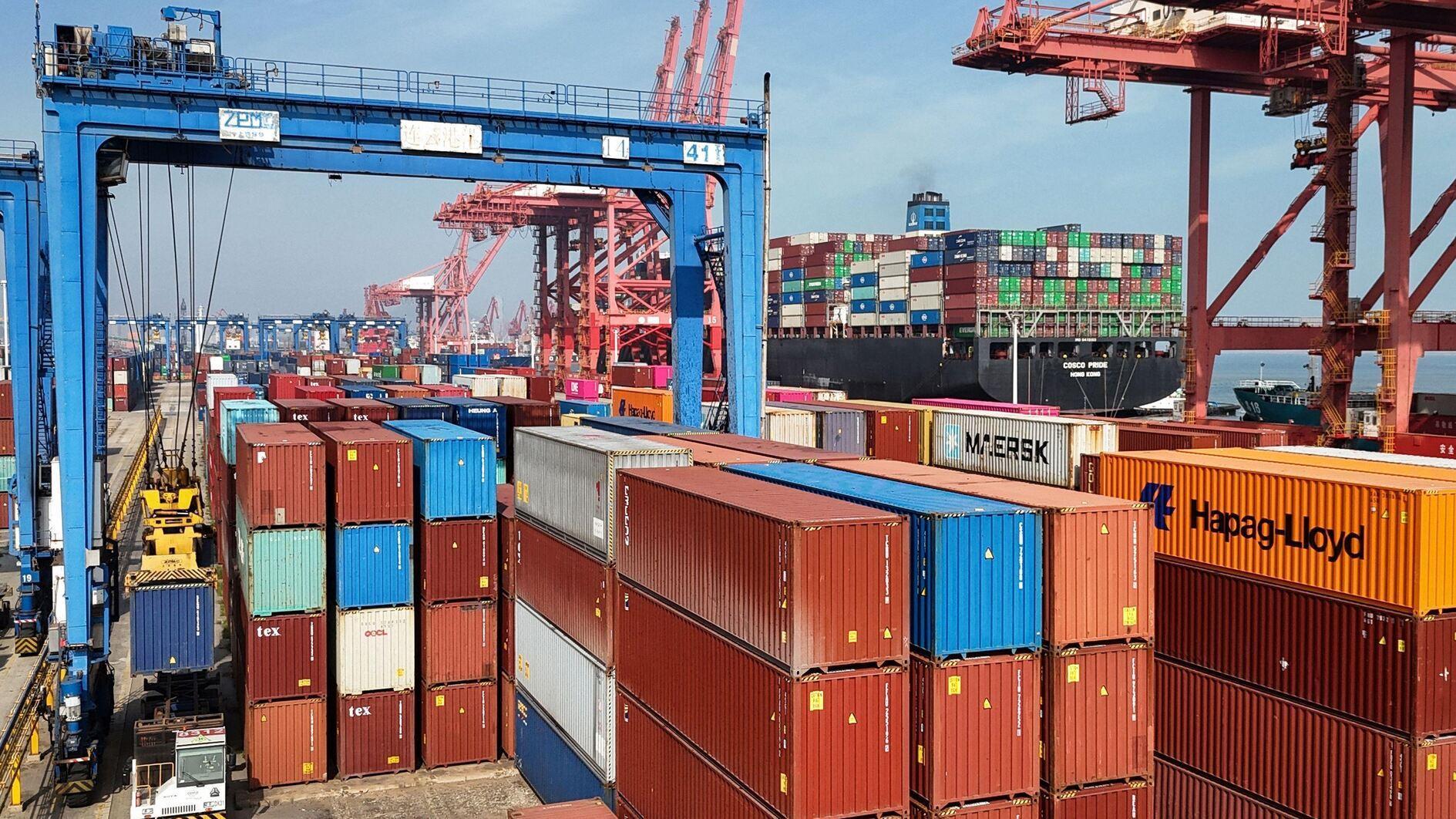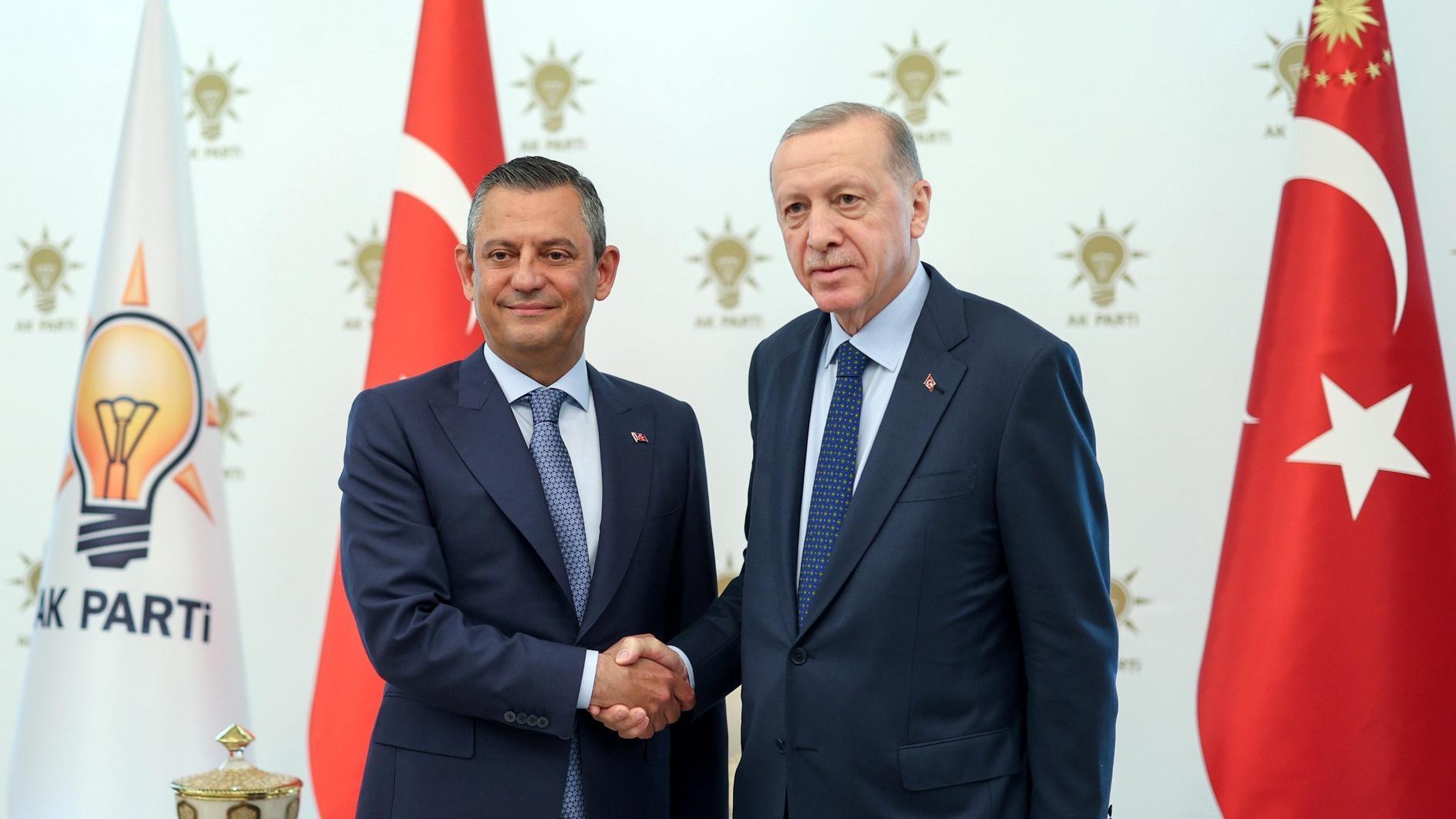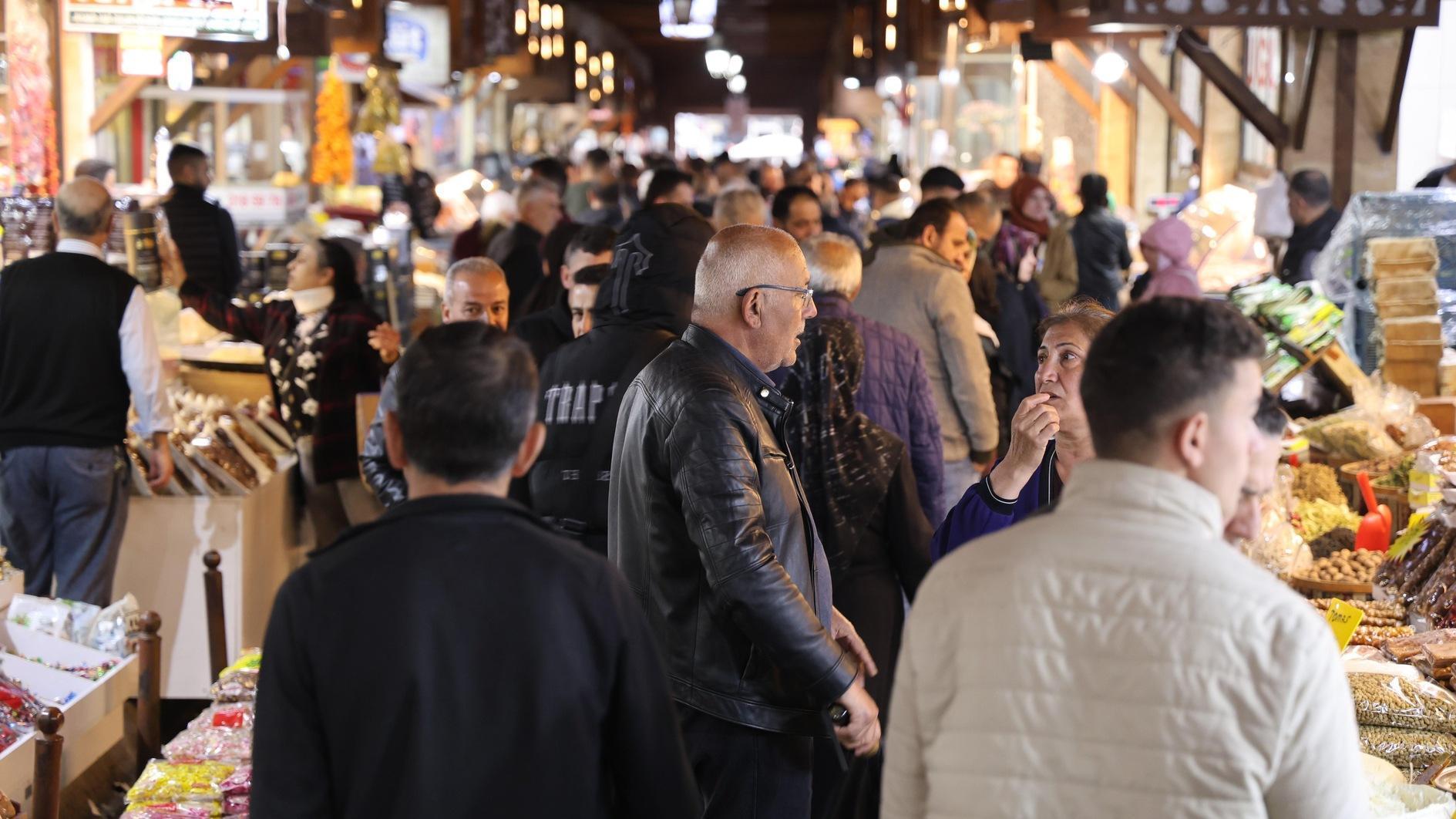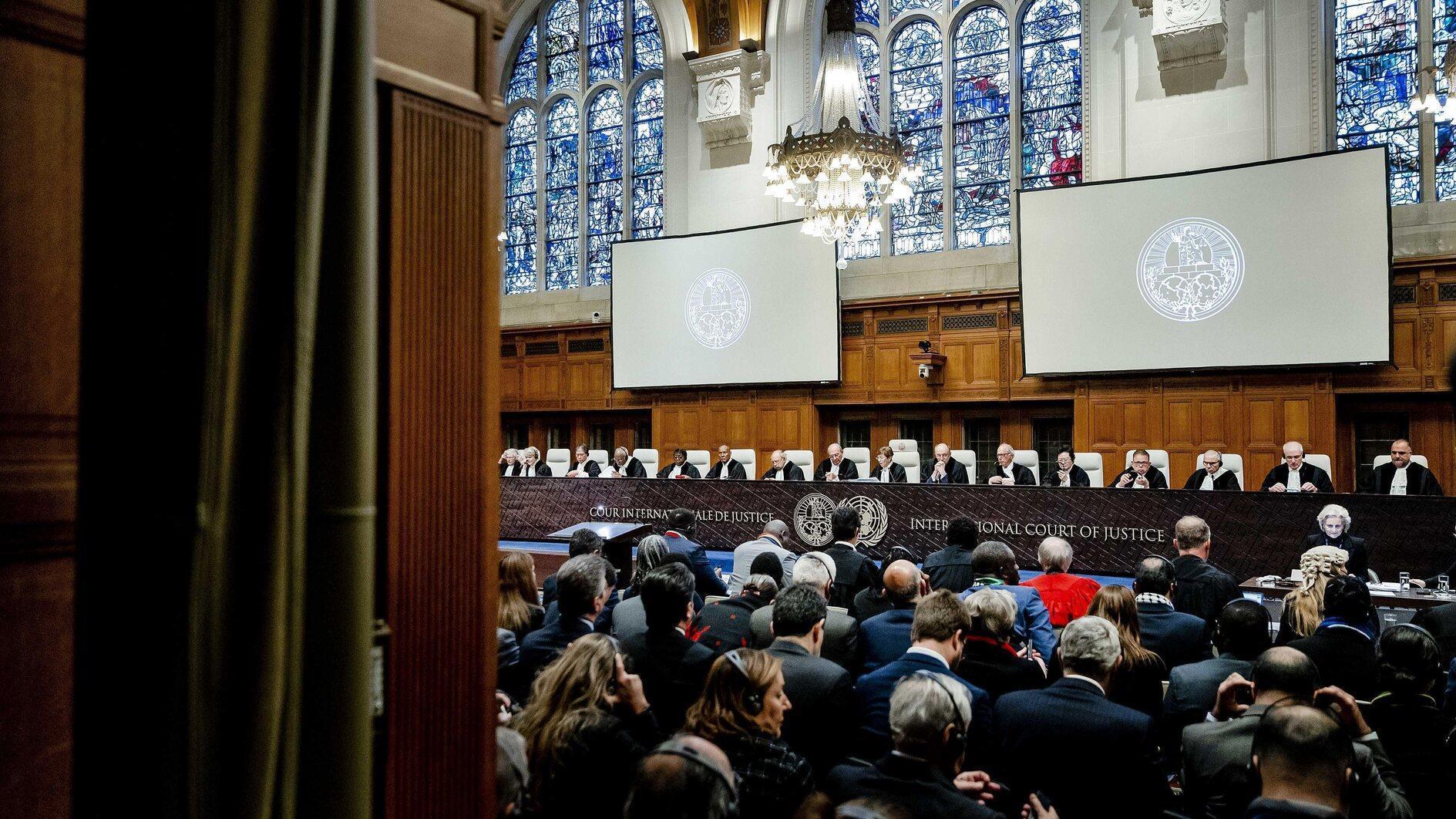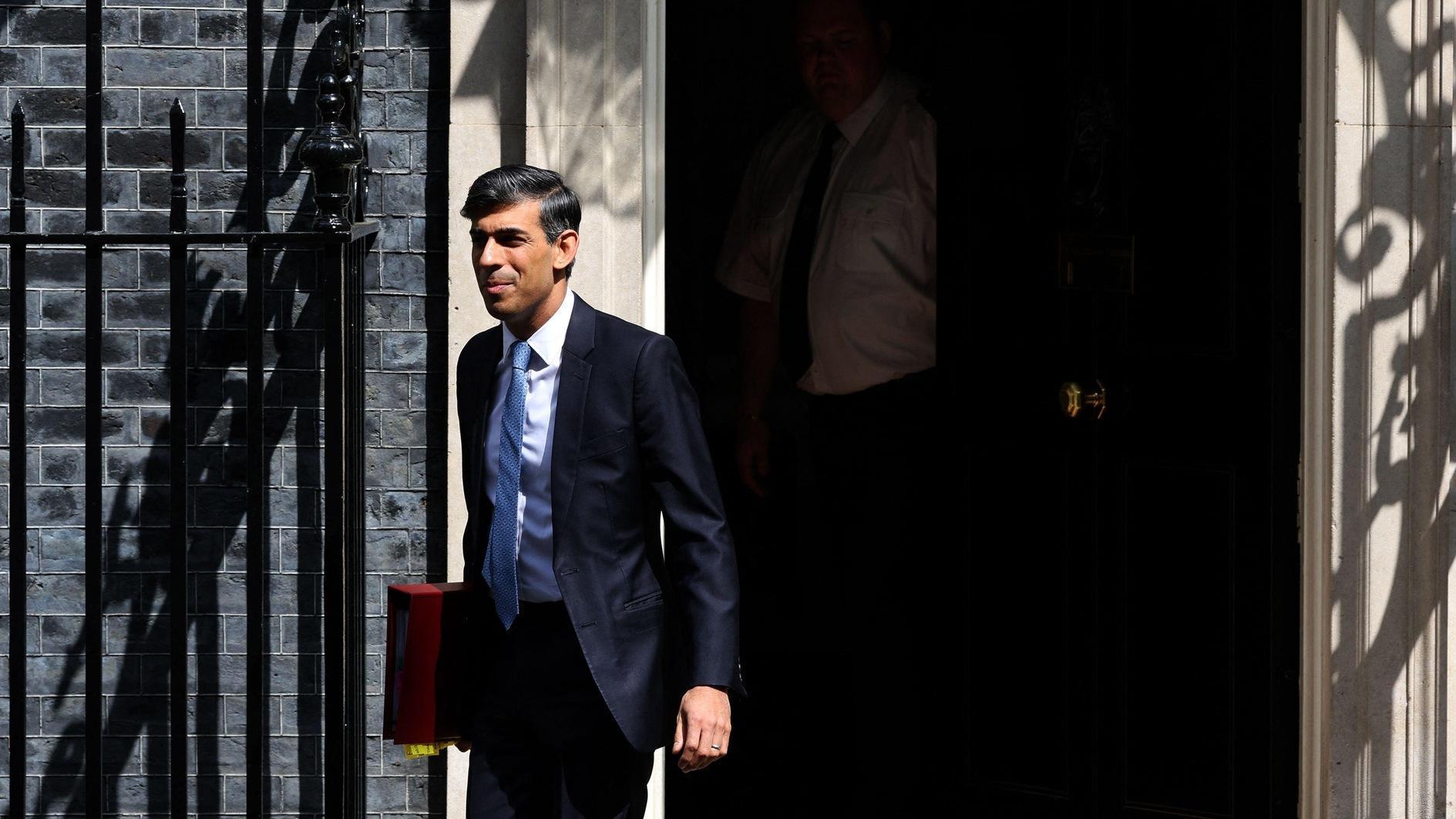Fighting delinquency in Morocco
El-Achir El-Yassmine
As a young person in Morocco, juvenile delinquency concerns me because in my neighborhood, Dcheira Inezgane, this problem is spreading rapidly and visibly among youth.Similarly, my neighborhood is not unique. Across the country, more than 70,000 children live in child detention centers, where they are either put as a result of delinquency or mental instability, or are allowed to stay there because of poverty.
Juvenile delinquency is a problem that must be urgently addressed. Troubled youth, searching for an identity, are easy prey for terrorist groups, a major threat to Morocco’s national security.
Civil society and government have worked independently to handle this issue in the past, but it has not been enough. Not only must they work together, but they must also work with youth like us.
The government of Morocco has inaugurated various projects aimed at the nation’s youth, sports, infrastructure and social services all within the framework of the National Initiative for Human Development.
This initiative demonstrates a political engagement at the highest level in the fight against poverty, urban alienation and economic precariousness. But due to insufficient human resources and oversight, such projects remain underutilised and fail to fulfil their designated roles in offering Morocco’s youth a place to meet and develop their interests.
Civil society organizations have also joined this fight. Riad Souss, an non-government organisation in Dcheria Inezgane, for example, aims to develop the abilities of at risk young people in order to help them contribute to society by offering them a variety of activities to get involved in, such as sports, music, math and problem-solving.
It is important for the state and civil society associations with adequate human resources to collaborate in order to improve how local youth facilities and programmes are run. Accountability is important and there must be provisions for the evaluation of such partnerships, including annual reports outlining the results of their initiatives over the course of the year.
But in the meantime, youth can’t and aren’t waiting for other organisations or the government to act.
I am a member of the Agadir Council of Youth Leaders, which has identified youth delinquency as a significant problem in our region. To raise awareness, we recently created a short film called Elsewhere, What Refuge, which tells the story of Mehdi, a young Moroccan boy from a troubled home. Seeking to escape the fighting and domestic violence at home, he befriends a group of troubled youth who lead him into delinquency.
Produced by youth, for youth, the film resonates by depicting challenges they face in their daily lives, while providing an alternative to a life of crime. Using this film, the members of the Agadir Council of Youth Leaders are raising awareness among the population about juvenile delinquency and its root causes.
Furthermore, we are planning a formal roundtable on this topic – scheduled for later this year – to educate people on the issue and to explore what our role can be to engage local stakeholders to help resolve this challenge. With increased awareness, well-organized youth activities and safe places youth can go outside of their homes, it is possible to protect the country’s youth from delinquency – if we work together.


